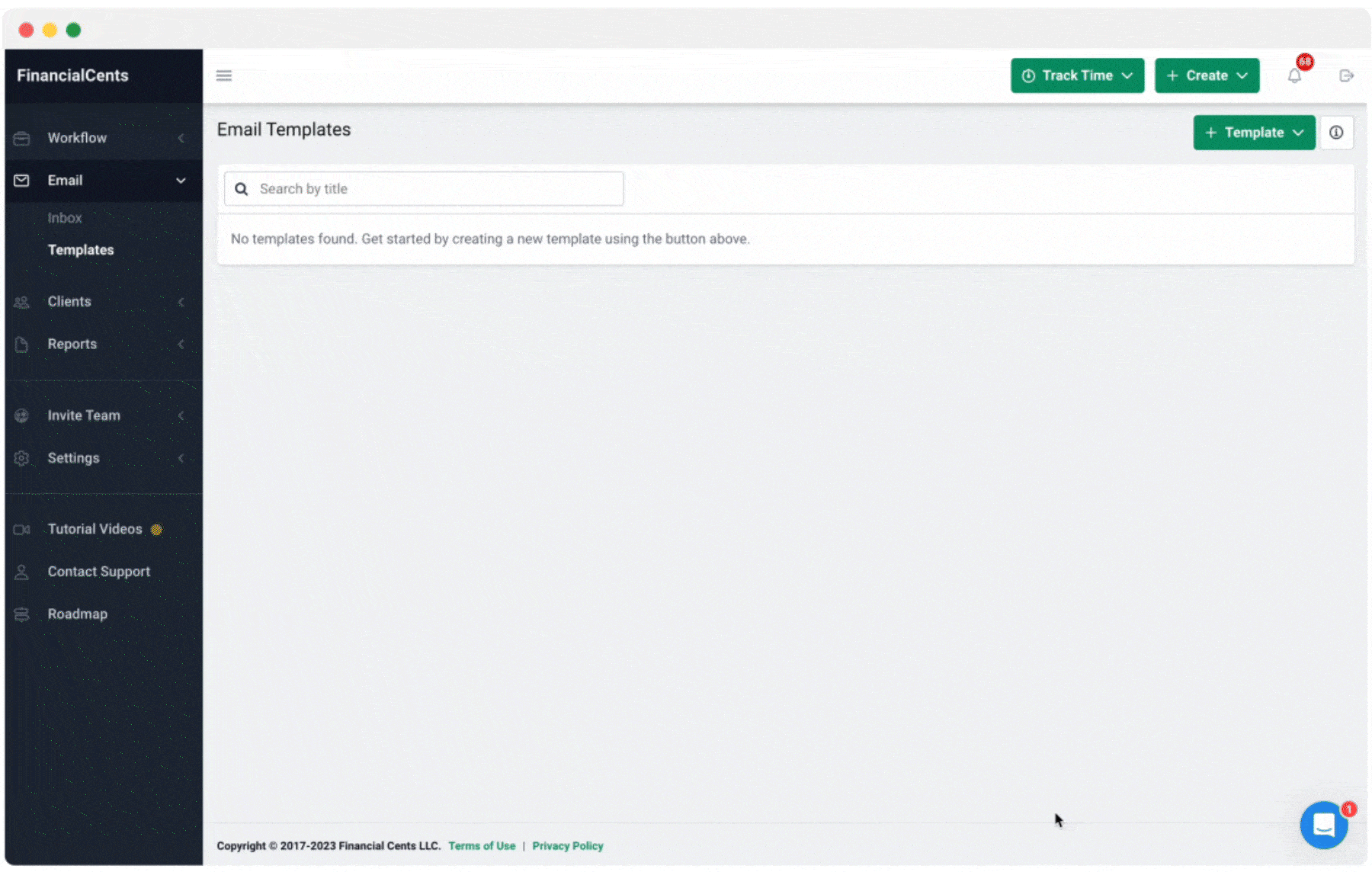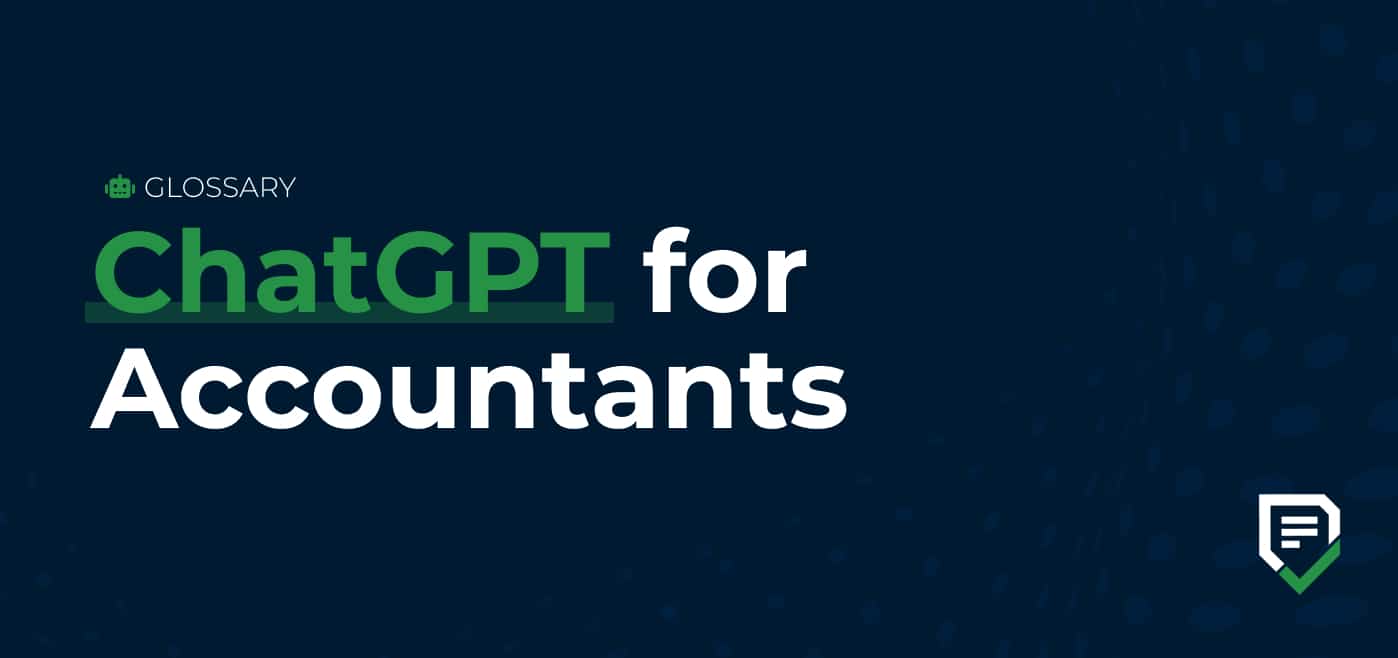Since its inception in 2022, ChatGPT has become an invaluable tool for accountants and bookkeepers. It can streamline accounting workflows and automate routine tasks, allowing you to focus more on higher-value roles.
What is ChatGPT?
ChatGPT is an advanced artificial intelligence (AI) chatbot designed by OpenAI to understand and generate human-like text based on user input. Built on the GPT (Generative Pre-trained Transformer) architecture, ChatGPT can automate processes, engage in conversations, answer questions, develop content, provide information, and assist with various tasks across multiple industries.
Key Features of ChatGPT
- Conversational Abilities: ChatGPT can hold natural conversations, making it an excellent interaction tool.
- Contextual Understanding: It can comprehend the context of discussions, allowing it to provide more relevant responses tailored to specific inquiries.
- Multi-tasking Capabilities: ChatGPT can handle multiple inquiries simultaneously, making it a valuable addition to your client support team.
- Automation & Productivity: It helps businesses automate customer support, data analysis, and documentation tasks.
- Multilingual Capabilities: It can understand and generate text in multiple languages. No language barrier.
How Does ChatGPT Work?
The backbone of ChatGPT is its transformer architecture, which employs machine learning and vast amounts of language data. It analyzes user input, understands context, and generates human-like responses based on patterns learned from vast datasets. Its advanced algorithms allow it to analyze client inquiries, interpret the language, and generate real-time responses.
Applications of ChatGPT in Accounting
Client Communication and Support
Effective communication is crucial for building strong client relationships. ChatGPT-powered software can be a virtual assistant that responds to client inquiries about invoices, tax deadlines, financial statements, and compliance requirements. It can also draft professional emails, generate follow-up reminders, and simplify complex accounting concepts.
Take Financial Cents, for instance. Its ChatGPT integration allows you to write engaging emails in seconds.

Data Analysis and Reporting
Another impactful use for ChatGPT in your accounting practice is its data. By leveraging its computational power, ChatGPT can interpret client data, generate financial reports, and create visualizations based on provided inputs.
For instance, if a client’s financial data requires analysis, ChatGPT can summarize key points, highlight trends, and recommend actions based on data-driven insights. This capability speeds up report generation, enabling your firm to respond promptly to client needs.
Tax Preparation Assistance
ChatGPT can support tax professionals by simplifying tax calculations, explaining tax laws, and identifying possible deductions or credits. It can also generate summaries of tax filing requirements based on client-specific scenarios, making the tax preparation process more efficient and less time-consuming.
Learn about AI in Tax preparation.
Workflow Automation
ChatGPT can handle many routine accounting tasks, such as invoice processing, expense tracking, and reconciliation. Integrating it with your accounting software allows you to automate these repetitive tasks, saving time and improving productivity.
Financial Cent’s ChatGPT integration allows you to create workflow templates in seconds for any client project or industry.

Discover ai workflow automation.
Training and Education
As regulations and accounting practices evolve, your team must stay updated to avoid falling victim. ChatGPT can support this by providing learning resources, offering insights on accounting industry trends, and assisting in ongoing training.
You can also use ChatGPT to onboard new employees. It provides instant access to internal policies, best practices, and step-by-step guidance on your firm’s accounting procedures, reducing the learning curve and helping new hires quickly become productive.
Why Use ChatGPT in Accounting?
1. Increased Efficiency
ChatGPT handles routine inquiries and tasks, increasing your firm’s overall efficiency. It allows you to serve more clients without overextending your resources. It also frees up time, allowing you to concentrate on strategic roles like advisory services rather than mundane tasks.
2. Minimizes Human Error
Manual data entry and calculations can cause costly errors. ChatGPT minimizes these risks by assisting in automated reconciliations, transaction categorization, and financial reporting. It can also cross-check data for inconsistencies, helping you maintain accuracy and compliance with financial regulations.
3. Improved Client Communication
Clients often have recurring questions about invoices, tax deadlines, and financial reports. ChatGPT can write content, generate relevant responses, and draft emails. It frees up valuable time so you can focus on building strong client relationships.
4. Cost-Effectiveness
Implementing ChatGPT in your firm can reduce operational costs. It streamlines accounting and bookkeeping processes, minimizing the need for additional human resources.
5. Streamlined Tax Preparation and Compliance
Keeping up with constantly changing tax laws and compliance requirements can be challenging. ChatGPT helps accountants stay informed by summarizing tax regulations, identifying deductions, and assisting with tax filings. It can also generate compliance checklists and explain tax-related queries, reducing the risk of penalties.
6. Make Data-Driven Decisions
ChatGPT can quickly process and interpret financial statements, identify trends, and generate insights, helping accountants make data-driven decisions. Whether it’s cash flow forecasting, budget planning, or risk assessment, ChatGPT enhances financial analysis and speeds up decision-making.
ChatGPT in Accounting Limitations
1. Lack of Real-Time Data
ChatGPT does not have direct access to real-time financial data or live accounting systems. It cannot pull up real-time bank transactions, reconcile accounts automatically, or update financial statements without integration with specialized accounting software. You must manually input data, limiting its ability to provide live financial insights.

2. Data Security and Confidentiality Concerns
Since ChatGPT operates in a cloud-based environment, sharing sensitive financial data poses privacy risks. You must be cautious about entering confidential client information when using ChatGPT.
3. Inaccurate or Outdated Information
ChatGPT responses are based on pre-existing knowledge and training data. It may sometimes provide biased, outdated, or incorrect information, especially when tax laws, accounting standards, or financial regulations change. Always verify AI-generated content before relying on it for compliance-related tasks.
4. Limited Industry-Specific Knowledge
ChatGPT is a generative AI tool rather than specialized accounting software. While it can assist with general accounting tasks, it may not grasp industry-specific accounting principles, specialized tax codes, or firm-specific policies. If you’re dealing with niche industries or unique financial structures, use AI accounting tools.
5. Dependence on Input Quality
ChatGPT’s output is only as good as the input it receives. The response may be misleading if it receives incomplete or incorrect information. This means you must still review and refine AI-assisted content to ensure accuracy.
6. Setup and Integration Issues
ChatGPT does not natively connect with major accounting software like QuickBooks or Xero. You must rely on third-party integrations or APIs to automate workflows, which may require additional technical setup.
7. Adoption Barriers
Some firms may face challenges adopting ChatGPT and other AI tools due to a lack of expertise or resistance to change.
How to Integrate ChatGPT Into Your Accounting Firm
To successfully integrate ChatGPT into your accounting practice, follow these steps:
Identify Key Use Cases
Before implementing ChatGPT, determine how it can best support your firm’s operations. Some popular use cases include:
- Client communication
- Data analysis and reporting
- Workflow automation
- Tax compliance and support
Choose the Right Integration Method
You can use ChatGPT as a standalone tool or integrate it with your existing software. Many platforms provide APIs or chat interfaces to facilitate this connection.
Custom Training
Customize ChatGPT for your firm by training it on your specific terminology, frequently asked questions, and everyday client interactions. This tailored approach enables ChatGPT to deliver relevant, contextual responses that align with your firm’s branding and messaging.
Test and Iterate
Before fully deploying ChatGPT, test selected tasks to fine-tune its capabilities. Gather feedback from your team and adjust to ensure it meets your firm’s needs.
Ongoing Support and Updates
Plan for continuous support and regular updates. As technology evolves, so will ChatGPT’s capabilities. Stay informed about new features and developments to maximize its benefits.
Check out these 100 ChatGPT prompts for accountants you can use.
Best Practices for Integrating ChatGPT in Your Accounting Firm
Continuous Training and Support
Train your staff on how to use ChatGPT effectively. It will get them up to speed with its features and new advancements, allowing your firm to leverage its capabilities continually.
Setting Clear Guidelines for Use
Establish clear guidelines for ChatGPT’s role in client interactions. Specify the inquiries it can handle and develop protocols for effectively managing sensitive information.
Combine AI with Human Expertise
While ChatGPT is a powerful tool, it’s not a substitute for professional judgment. Use AI to handle routine tasks and assist with analysis, but always have your team review final reports, financial statements, and compliance-related documents for accuracy and reliability.
Monitor and Evaluate Performance
Assess ChatGPT’s performance regularly to measure its effectiveness in your practice. Collect user feedback to identify areas for improvement and adjust the software to enhance its functionality.
Conclusion
ChatGPT is not just a buzzword; it’s a powerful AI tool reshaping the accounting industry. Integrating it into your firm can boost efficiency, improve client service, and keep you ahead of the competition. Once you understand how it works, you can leverage its full capabilities to scale your accounting practice.
However, ChatGPT should complement, not replace, human expertise. Balancing AI usage and human oversight is key to ensuring your firm maintains quality services.
Use Financial Cents with ChatGPT integration to automate your accounting workflows and scale your practice.
